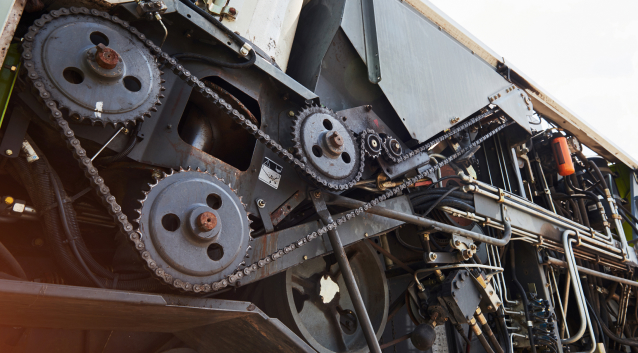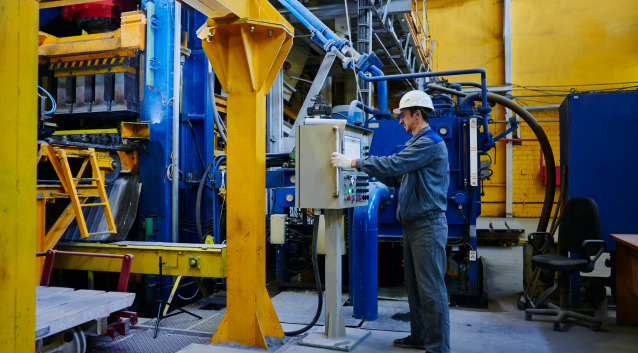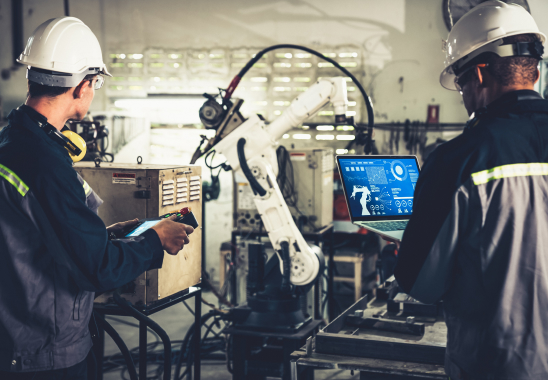
Industrial Machinery
In response to shifting growth patterns, OEMs, automation device suppliers, and machine control suppliers are developing strategies to cope with unexpectedly high demand and declining growth in more mature technologies. As a result, by 2025, we estimate digital manufacturing solutions will create €32 billion of additional value worldwide, doubling to €17 billion for these players.



